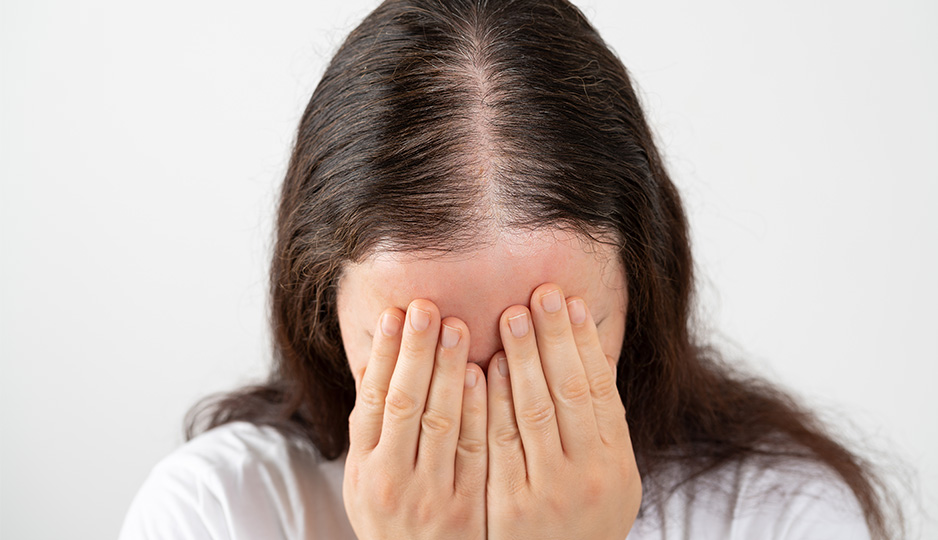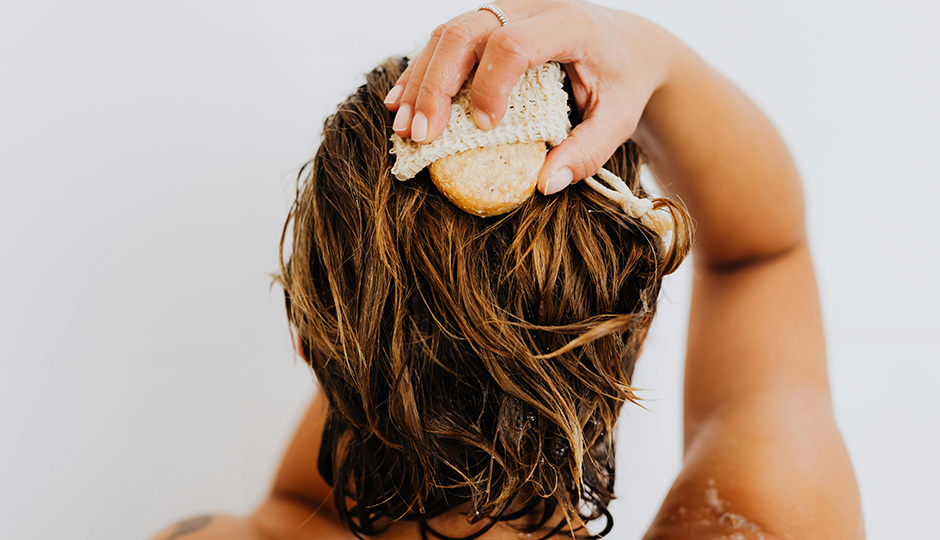Will you lose your hair during menopause? If this is a question you've been asking yourself a lot lately, then we can help you understand menopause and hair loss. The one-word answer is maybe. Every woman is different and will not experience menopause in exactly the same way. Menopausal women go through an array of changes with one of them potentially being hair thinning and/or hair loss. Let's take a look at why hair thinning can be a symptom of menopause and how LH hair can help you combat hair loss.
A Natural Process
Menopause is a biological process that all women will go through at some point in their lives to signify the end of their fertile years. During this time, your body goes through several changes as it adapts to the fluctuation of hormone levels. The most common symptoms of menopause include:
- Mild to severe hot flashes
- Mood swings
- Insomnia
However, one very little talked about symptom of menopause that many women experience to some degree is hair thinning and/or hair loss.
Mechanism of Menopause That Causes Hair Loss
During menopause, two of the primary hormones, estrogen and progesterone decrease. This attributed to the natural aging process. As your ovaries age, they are no longer able to release the same levels of FSH (follicle-stimulating hormone) and LH (luteinizing hormone). The decrease in FSH and LH means that they are not able to regulate your estrogen, progesterone, and testosterone levels. This naturally leads to a significant change in hormones.
Adequate levels of estrogen and progesterone are crucial to the growth of healthy hair.
The Impact of Decreased Levels of Estrogen and Progesterone on Hair Growth
Both estrogen and progesterone play a significant role in the growth of hair. These two hormones enable hair to grow at a faster rate and stay on your head for longer lengths of time. When the body experiences a decrease of estrogen and progesterone, hair grows much more slowly, becomes thinner, and has a tendency to fall out much faster.
A drop in these two hormones also causes an increase in the level of androgens in the body. Elevated levels of androgens have a negative impact on the body. They cause hair follicles to shrink and atrophy, which means they aren't able to produce healthy strands of hair. This leads to hair thinning and hair loss.
Additional Menopausal Factors That Contribute to Hair Loss
Although researchers identify fluctuating hormones as the primary cause of menopausal hair loss, there are a few other factors that can contribute to women experiencing thinning hair or hair loss during menopause. These include:
- Dealing with extremely high levels of stress
- Battling a chronic illness
- Deficiency of essential nutrients
What Can You Do?
Some menopausal women may notice very mild hair thinning or hair loss, while others experience more profound hair loss. This may include thinning at the crown your head, the sides of your head, or thinning of your entire head of hair. This is referred to as Female Pattern Hair Loss (FPHL). Although hair loss and thinning due to menopause is most commonly a temporary condition, at LH Hair, we understand that you want to enjoy a full head of hair. Our stylists are experts in menopausal hair loss and thinning and can offer a variety of solutions including trichological treatments, wigs, toppers, hair extensions, and even hair restoration systems. Whether you are experiencing mild thinning or extensive hair loss, as the leading hair restoration studio in Charlotte, North Carolina, our stylists will conduct a thorough hair and scalp evaluation and provide you with viable options to fit your needs and goals. Contact us today to schedule your free consultation.



